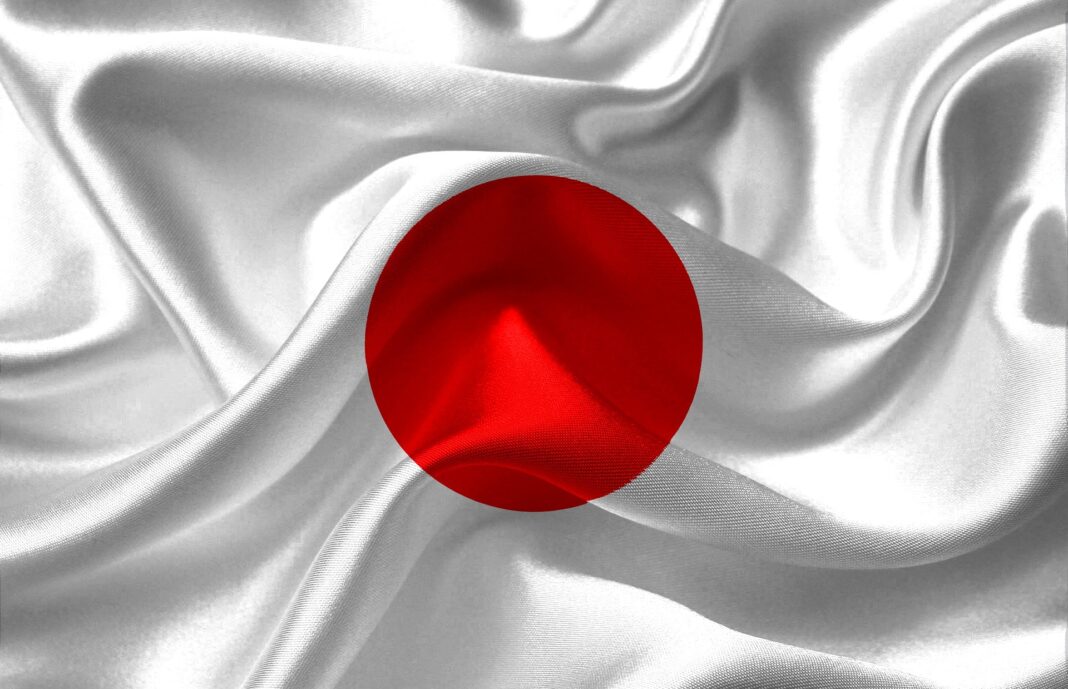Japanese Prime Minister Shigeru Ishiba delivered a strong message Monday regarding newly imposed U.S. tariffs under President Donald Trump’s administration, warning that they may threaten the stability of the global economic system.
Speaking in a special parliamentary session in Tokyo, Ishiba called on both governments to re-engage in serious trade dialogue to prevent further escalation.
“I am fully aware that what has happened so far could disrupt the global economic order,” the Prime Minister said, referring to Trump’s recent decision to increase tariffs on semiconductors and other key imports.
This marks the sharpest warning yet from Tokyo regarding the impact of Trump’s trade policy — a signal that patience among U.S. allies may be wearing thin.
Ishiba’s comments come just days ahead of scheduled bilateral trade talks in Washington on April 17. Japanese Economy Minister Ryosei Akazawa is expected to meet with U.S. Commerce Secretary Howard Lutnick and Trade Representative Jamieson Greer, while Finance Minister Katsunobu Kato will handle currency discussions with his American counterpart, Scott Bessent.
The agenda includes tariffs, non-tariff barriers, and currency stability — all of which have become flashpoints in the Trump administration’s “America First 2.0” economic framework.
While Ishiba has emphasized dialogue over confrontation, Japanese officials made clear that any trade action targeting Japan’s high-tech sector — particularly semiconductors — would be viewed as a red line.
Despite the strong rhetoric, Ishiba stopped short of announcing any retaliatory measures or economic counterplans. He said the government is not considering an emergency budget for now but is prepared to take “necessary actions” to mitigate economic fallout if tensions intensify.
Japan remains one of America’s closest allies in Asia and a major economic partner, but recent tariff hikes have raised concerns among Japanese manufacturers. Ishiba also acknowledged the “emotional and strategic logic” behind President Trump’s trade moves, suggesting Tokyo understands but does not endorse Washington’s aggressive tactics.
The latest warning from Tokyo adds to a growing chorus of voices — from Brussels to Seoul — expressing alarm at Washington’s increasingly unilateral approach to trade.
With the Biden-Trump transition of 2024 now solidified, markets are watching closely to see whether the Trump administration doubles down on tariffs or reopens negotiation channels with major allies. For now, Ishiba’s government is betting on diplomacy.




